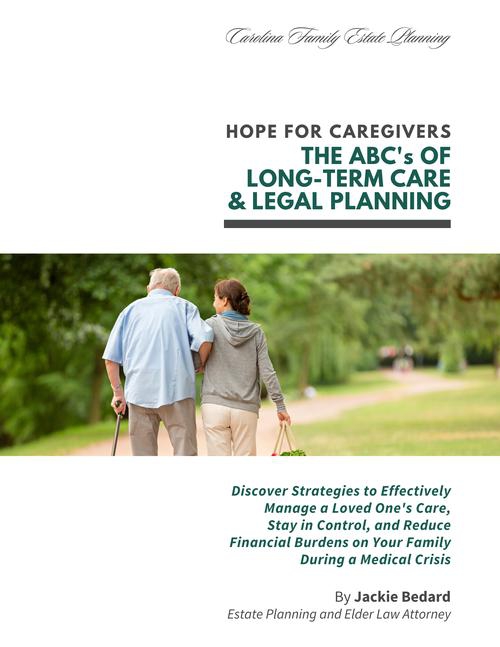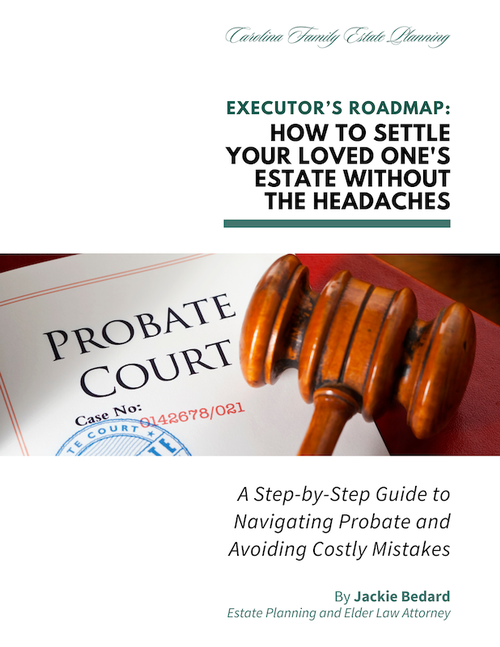If there is an organization or charity that you support financially, as a Cary trusts lawyer, I would urge you to consider setting up a charitable trust. A charitable trust allows you to give money to an organization whose work you admire and support, but there is also an additional benefit in that you may be able to reduce your estate taxes.
One way that people use charitable trusts is to set aside assets to produce income while they are alive, with the remainder going to charity when they pass away. This allows them to receive tax benefits while they are still living from a gift that will be made when they die. In this scenario, both the donor and the charity will benefit.
There are two main types of charitable trusts. They are:
- Charitable lead trust. You can use a charitable lead trust to make a series of payments to a charitable organization while you are alive. At some point in the future the remaining assets in the trust either given back to you or transferred to someone that you select as beneficiary. In a way, the donor is lending the assets to the charity for a period of time during which the charity can use the income produced by the assets.
- Charitable remainder trust. In this type of trust, you set up two sets of beneficiaries called income beneficiaries and remainder beneficiaries. The income beneficiaries, typically the trust owner and/or his or her family, receive income from the assets in the trust during their lifetimes. When the beneficiaries pass away, all remaining assets are given to the charity who is the remainder beneficiary. This option has the added benefit of missing estate taxes entirely.
The rules for these types of trusts are very complex. If you are interested in charitable trusts, I encourage you to seek out a qualified trusts attorney and tax advisor who can guide you through the process.








